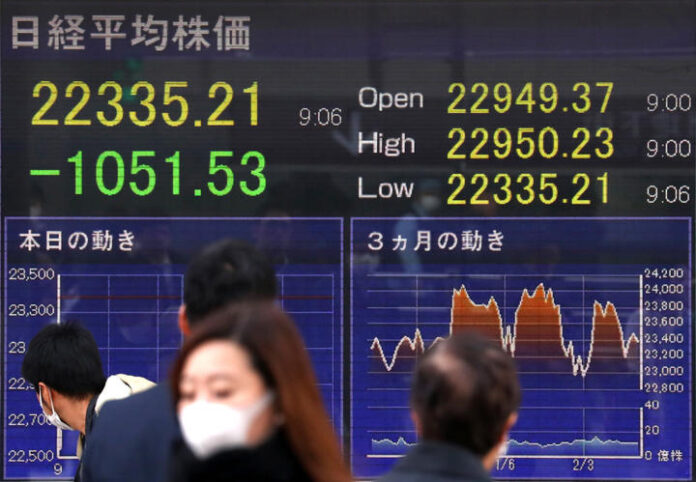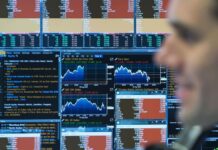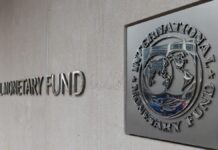
Global investors were hit with a sixth day of stock market losses on Thursday, as traders responded to the threat of the coronavirus.
The string of declines pushed indexes in Europe and the US down more than 10 per cent from their recent highs – sending them into so-called “correction” territory.
In the US, the three main indexes slumped more than 2.5pc in opening trade, while London’s FTSE 100 closed 3.5pc lower.
Japan’s Nikkei 225 led losses in Asia.
Shares there fell more than 2pc, while South Korea’s Kospi closed 1pc lower and Hong Kong’s Hang Seng index gained about 0.3pc and Shanghai was roughly flat.
In the US, the indexes were poised for their steepest week of declines since the 2008 financial crisis. Globally, the share price declines of the last six days have wiped out more than $3.6tn (£2.8tn) in value.
The moves come as the outbreak, which started in China but is rapidly spreading, weighs on the economy, restricting travel, causing manufacturing slowdown in China and upending global supply chains.
In recent weeks, companies across industries – from mining firm Rio Tinto to software giant Microsoft – have said that they will not hit sales targets.
Economists, many of whom had originally expected the virus to be a temporary blow, are also sounding warnings.
At an event on Wednesday, former US Federal Reserve chair Janet Yellen suggested it could tip the US into recession, while Goldman Sachs told clients it did not expect companies to see any profit growth this year.
“Our reduced profit forecasts reflect the severe decline in Chinese economic activity… lower end-demand for US exporters, disruption to the supply chain for many US firms, a slowdown in US economic activity, and elevated business uncertainty,” the firm wrote.
The coronavirus has infected nearly 79,000 people in China and killed more than 2,700. More than 3,200 cases and 51 deaths have been reported in another 44 countries.
Investors around the world are now looking to see if central banks respond with efforts to prop up the economy.
Chinas’s central bank has already taken stimulative measures.
Germany’s Economy Minister Peter Altmaier said that while the impact of the virus so far had been limited, the country was considering how to respond should it worsen.






